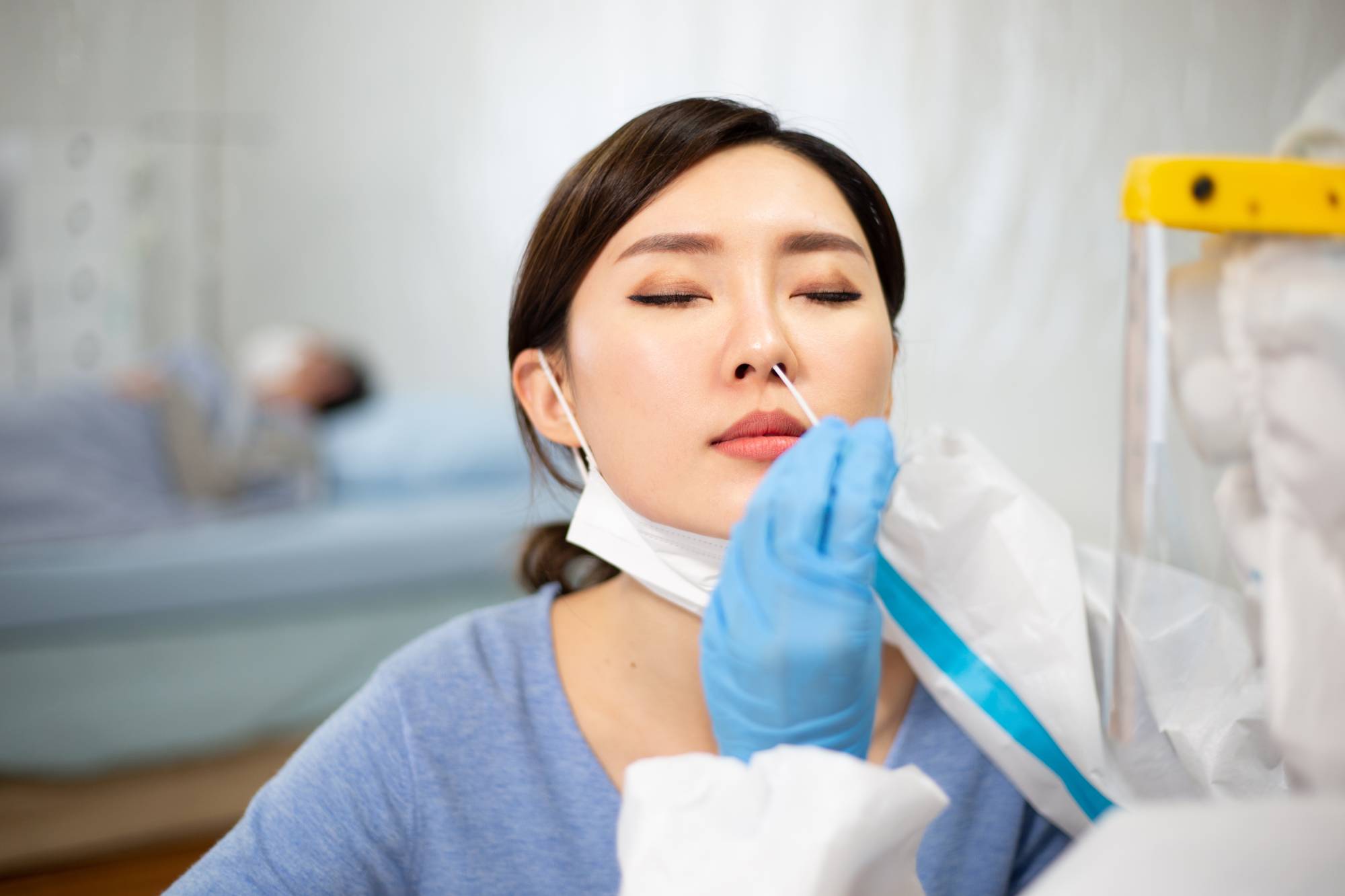Researchers estimate that about four out of five COVID-19 patients suffer a partial or total loss of smell, a condition known as anosmia. Many have no other symptoms. And no, it’s got nothing to do with stuffy noses; it’s all about the havoc the coronavirus wreaks on our nervous systems.
Many patients recover their olfaction quickly. Others smell less than they did before (hyposmia) or scent every odor wrong (parosmia). A spouse suddenly smells like a stranger, wine like cardboard, sewage like coffee. And some people never regain any olfaction. Worldwide, they must already number in the millions.
Smell, as much of the world is discovering in the pandemic, has long been our most underrated sense. We generally appreciate it less than the other four. Perhaps that’s why we’ve given less money for research into it and, as a result, know relatively little about it. Claire Hopkins, the president of the British Rhinological Society, told me that the science of olfaction, compared to that of vision or hearing, is still in the Stone Age.


















With your current subscription plan you can comment on stories. However, before writing your first comment, please create a display name in the Profile section of your subscriber account page.